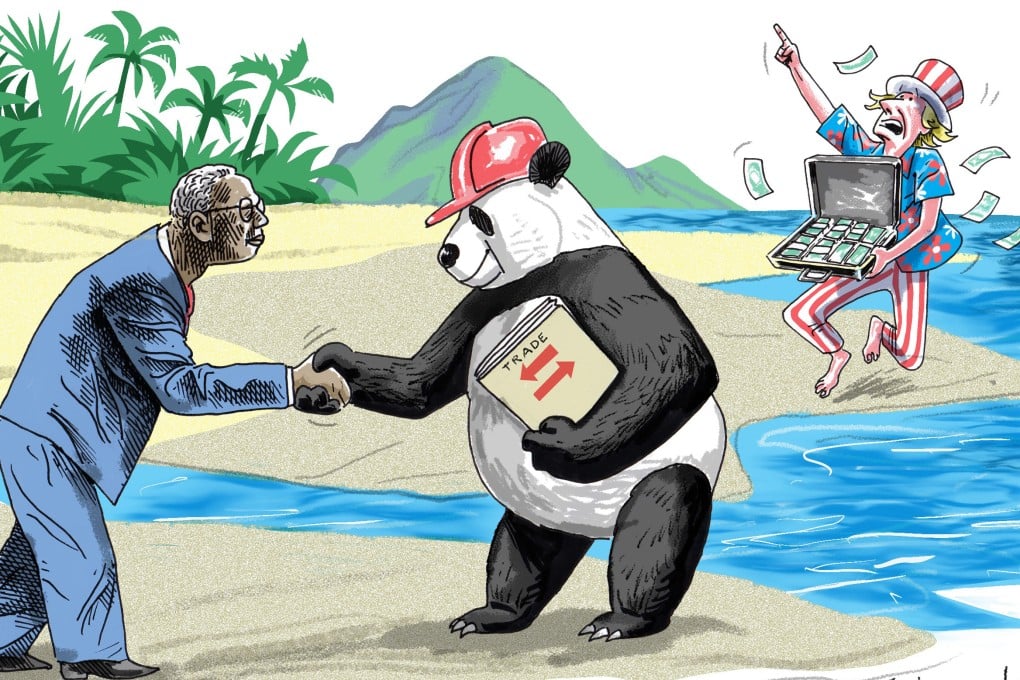Opinion | US has missed the boat on engaging Pacific island nations
- Washington is stepping up engagement in the Pacific as its struggles to counter China’s influence in the region
- But attempts to woo Pacific Island nations and stoke fear of a ‘China threat’ may simply be a case of too little, too late

The Solomon Islands’ decision to temporarily prevent foreign navy ships from entering its waters while it finalises a new approval process for port visits may seem like a route matter at first glance.
Since the Solomon Islands signed a security agreement with China in April, relations between the tiny island state and the United States have been tense. A US spokesperson labelled the lack of clearance for Oliver Henry “regrettable”.
Yet, with no apparent link between the incident and China, White House National Security Council spokesman John Kirby said in a separate statement that “we’ve seen the Chinese try to bully and coerce nations throughout the Indo-Pacific to do their bidding” at the expense of upholding “a free and open Indo-Pacific”.

These two divergent statements on the same incident are a clear sign of the growing anxiety in the US over China’s already-embedded role in the geopolitical and geoeconomic fabric of the Pacific islands. Some Western political analysts have even started using the term “China-Pacific islands bloc” in reference to Beijing’s influence in the region.
